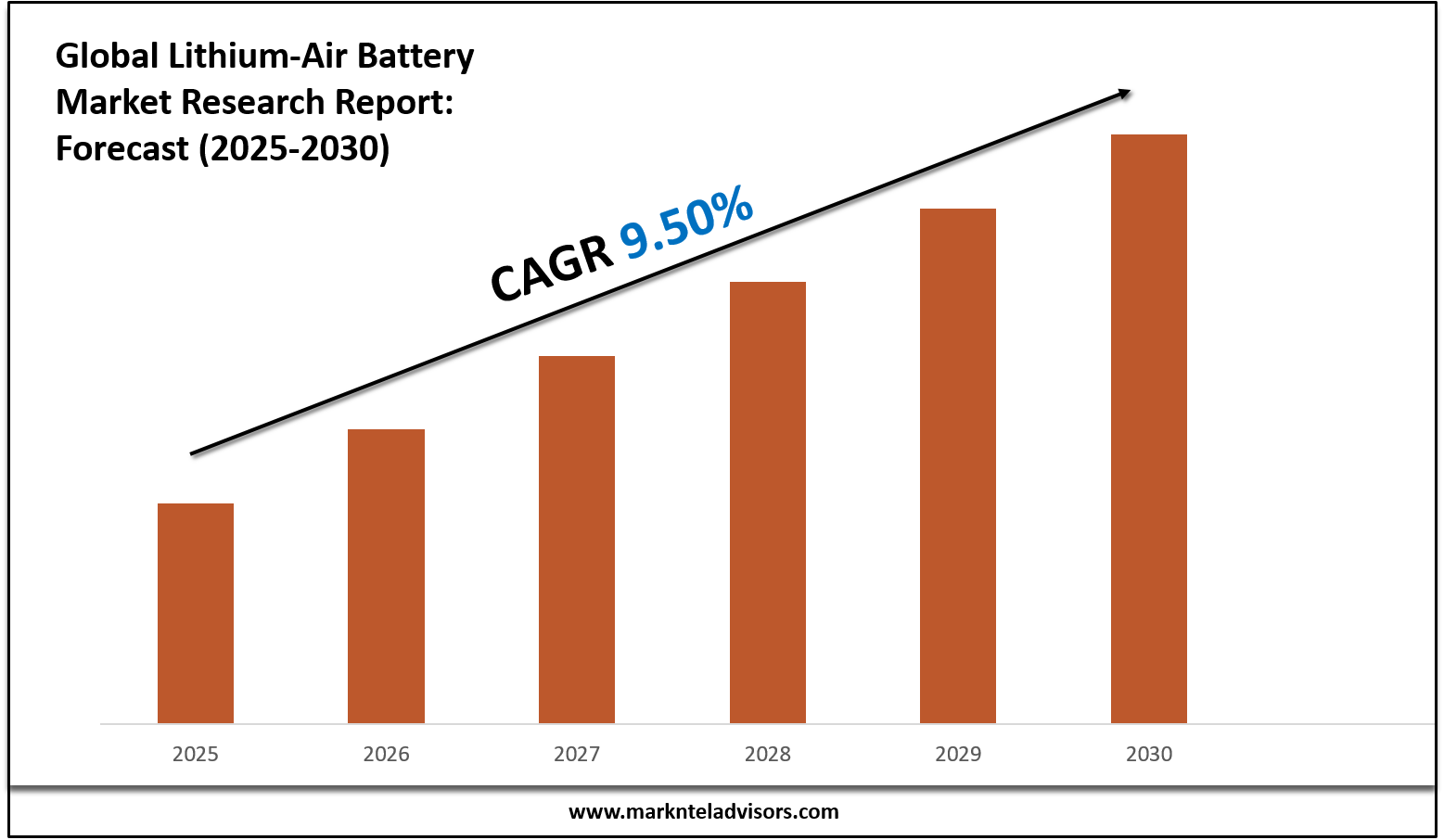Powerful Catalysts for Virtual Meeting Market Growth

A primary and enduring catalyst for Virtual Meeting Software Market Growth is the permanent and structural shift to remote and hybrid work models. The global pandemic acted as a massive, irreversible catalyst that forced millions of businesses to adopt remote work, and in the process, they discovered its significant benefits, including access to a wider talent pool, increased employee flexibility, and potential reductions in real estate costs. This new working paradigm is not a temporary trend; it is the new normal for a significant portion of the global workforce. As a result, a reliable and feature-rich virtual meeting platform is no longer a "nice-to-have" but has become a fundamental, non-negotiable piece of core business infrastructure, ensuring a large and sustained addressable market for the long term.
The globalization of business is another powerful growth driver for the market. In today's interconnected economy, it is standard practice for companies to have employees, clients, and partners spread across different cities, countries, and continents. Virtual meeting software is the essential technology that bridges these geographical divides, enabling effective, face-to-face communication and collaboration without the immense cost and time commitment of international travel. This ability to connect a global team seamlessly is critical for everything from international sales presentations and cross-border project management to maintaining a cohesive corporate culture in a multinational organization, making it an indispensable tool for any company operating on the world stage.
Furthermore, the continuous drive for operational efficiency and sustainability is a significant factor propelling the market forward. The financial and environmental costs associated with business travel are substantial. By replacing a significant portion of in-person meetings with virtual ones, organizations can achieve a dramatic and easily quantifiable return on their investment. The savings on airfare, hotels, and other travel-related expenses can be enormous, and the corresponding reduction in the company's carbon footprint is a powerful benefit for organizations that are focused on their environmental, social, and governance (ESG) goals. This clear and compelling business case, which combines financial savings with corporate responsibility, provides a strong and ongoing incentive for the widespread adoption and use of this technology.


